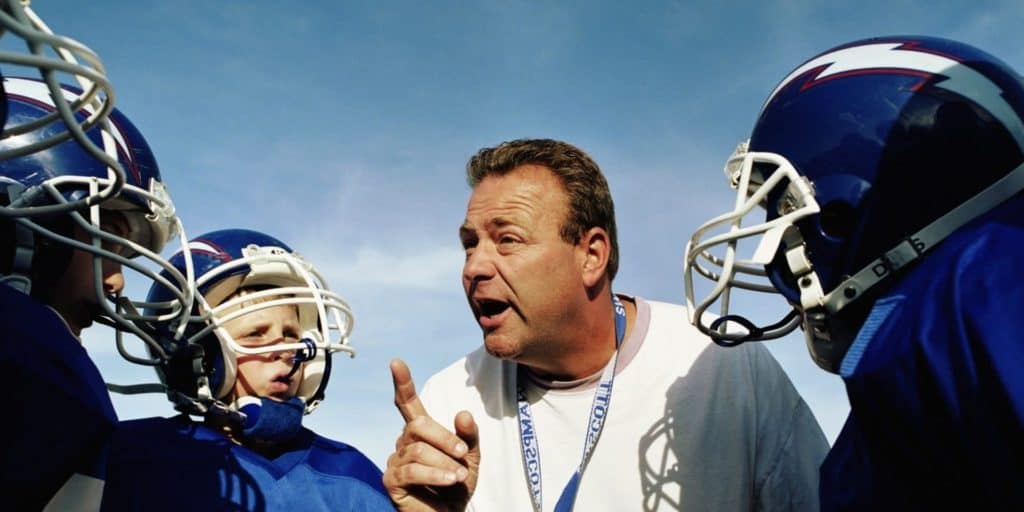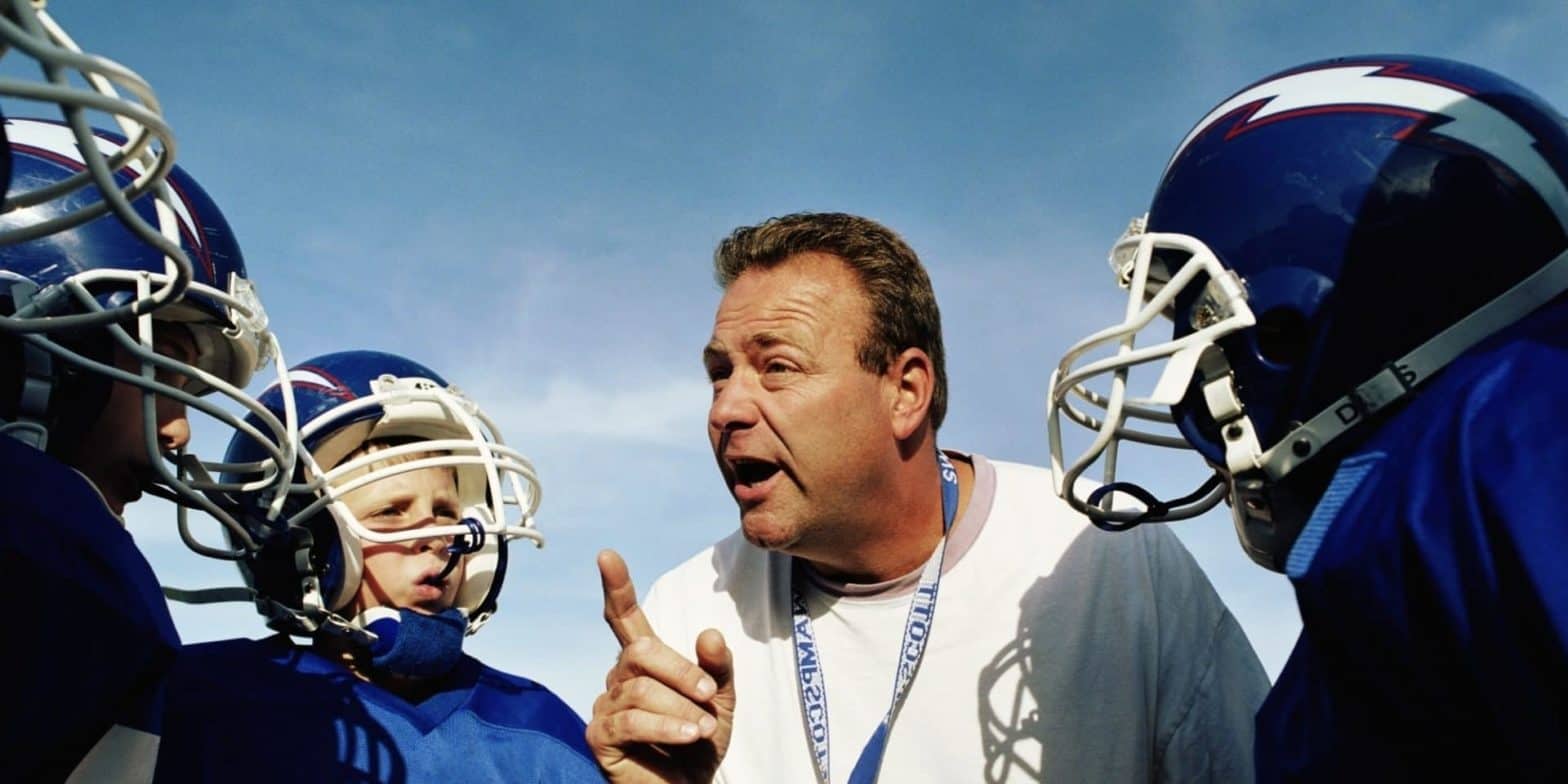
“You can’t win if you’re jamming your mind.”
*This post may contain affiliate links. As an Amazon Associate we earn from qualifying purchases.
When we are lost in our head it shows in our body. I have worked with so many athletes who describe having anxiety. I have learned that most of the problems begin to occur when they begin to think too much and then try too hard at their sport. When athletes over think they often lose touch with the moment and the process and start to worry about things outside their control.

Some examples of thoughts that seem to be associated with anxiety feelings include: I wonder what my teammates think of me, I don’t want to embarrass myself, what happens if I fail, and, what is my coach thinking. Do you have a lot of these thoughts? Chances are if you do you will encounter not knowing what to focus on and getting so anxious that your body gets tight or you find it hard to train or compete well.
Perfection thinking is often a part of anxiety. This is a tough nugget because every athlete is told at some point to try harder. And it often works. You put in the time. You work hard. You get results.
 Tipping Point
Tipping Point
But what is the tipping point? Where is the line when overthinking begins and trying too hard kicks in? How do you know you should ease up rather than try harder?
This point is likely different for every athlete. So have a plan if this starts to happen to you. Use these tools:
1. Get perspective. Sometimes the story we tell ourselves how important something is can be out of balance. Step back, get the bigger picture and find more balance.
2. Get instructional, not critical. Tell yourself what to do. Your mind talks to your body. Get really good at telling it what actions to take. No more of this:” I don’t want this to happen……..” Instead: strong arms, get the ball while in front, etc.
3. Small goals. Break things down rather than try to win the whole match or game. Take it one point at a time. This is a little about getting perspective. Mini goals like this carry you far. You can only do one thing at a time anyway.

